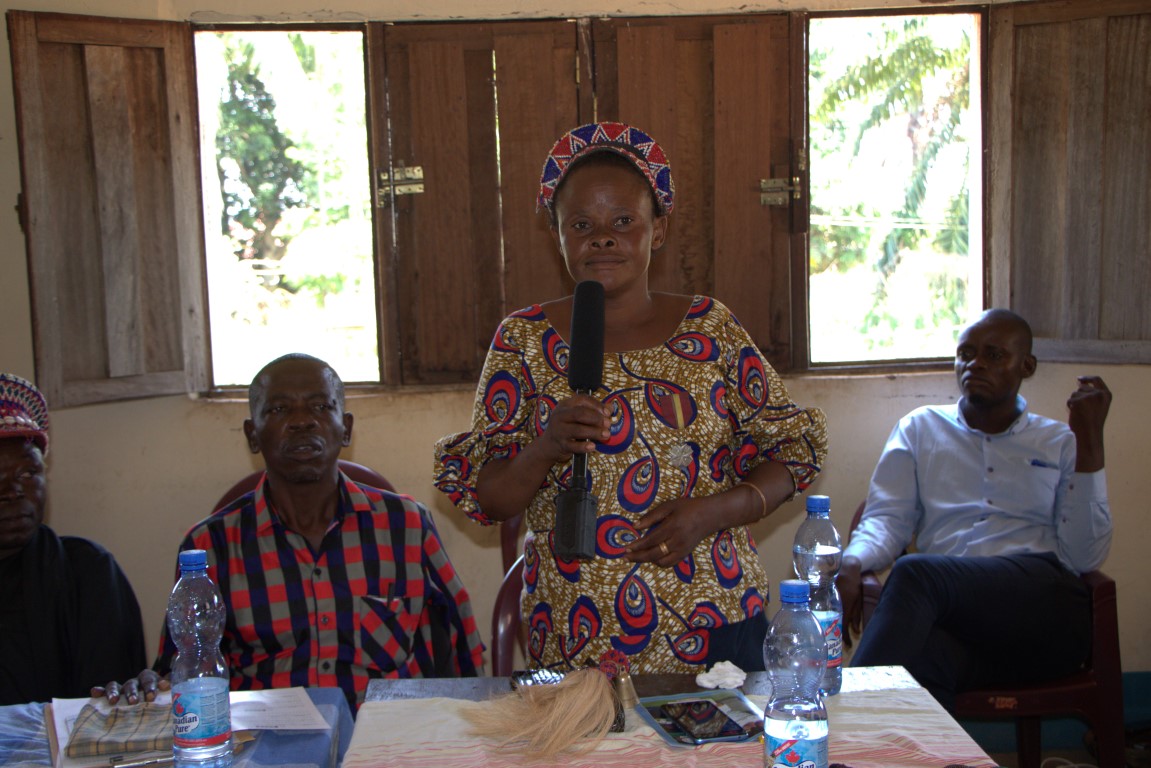Kasai: Revitalising consultative commissions to reduce customary conflicts.

In 2017, the Democratic Republic of Congo (DRC) established the Consultative Commission for the resolution of customary conflicts (CCRCC) through the Ministry of Internal Affairs, Security, and Customary Affairs. Despite its intentions, the commission has not been as effective as hoped, particularly in the Kasai region. One of the main issues is the resistance of traditional leaders to decisions made by the committees, which has led to a lack of cooperation and progress. Additionally, political interference has further complicated matters, making it difficult for the commission to function as intended.
The provincial government of Kasai has made a noteworthy commitment to support the CCRCC. This decision was reached during a recent workshop held in Tshikapa, the capital of Kasai situated in the western region of the DRC. The workshop was attended by around 40 participants, including traditional chiefs and community leaders from all territories in Kasai.
The initiative is spearheaded by Action for Peace and Concord (APC) and Interpeace, in partnership with Kasai’s provincial authorities. This effort is a crucial component of the project aimed at enhancing inclusive governance for peace in the DRC, which is funded by the Swedish International Development Cooperation Agency (SIDA).
The primary objective of the meeting was to update the list of CCRCC members in the territories of Mweka, Tshikapa, and the administrative divisions incorporated in the city. In addition, the gathering facilitated the establishment of a provincial committee and the definition of strategies to effectively operationalise the plan in all relevant entities. The meeting also served as an opportunity to conduct a comprehensive analysis of the CCRCCs' strengths and weaknesses and identify priority activities.
One of the proposed activities is the revitalisation and establishment of CCRCC committees in all sectors, chiefdoms, and the town of Tshikapa. This initiative will receive technical and financial support from APC and Interpeace. The primary focus will be to enhance the knowledge and capacity of committee members in customary law, conflict resolution techniques, land law, and securing rural land. Additionally, it is crucial to promote the ministerial decree that created the CCRCCs and other related legal instruments through traditional media and popular meetings.
In a final communiqué issued at the conclusion of the workshop, traditional leaders and government officials pledged to revitalize the CCRCCs to mitigate the impact of customary conflicts. The deputy governor of the province, Gaston Nkole Tshimaunga, also confirmed the unwavering support of the provincial government in the implementation of all proposed activities. The success of these peacebuilding efforts hinges on the commitment and collaboration of all stakeholders involved. By working together, we can create a safer and more stable future for the people of Kasai.
